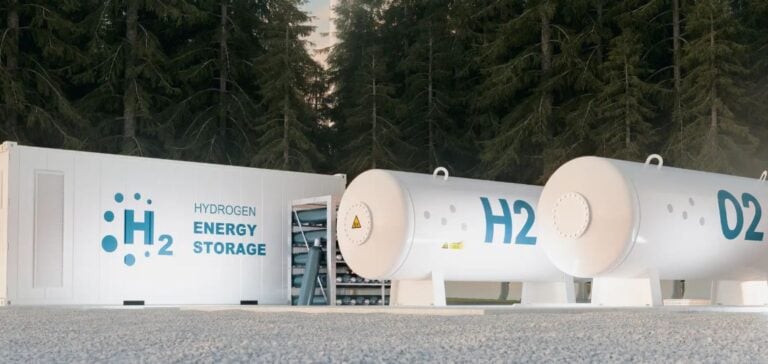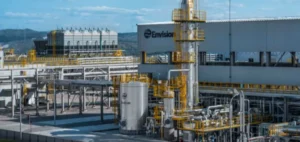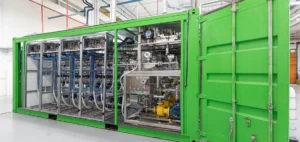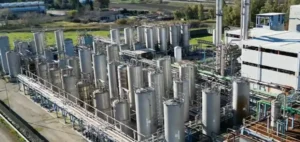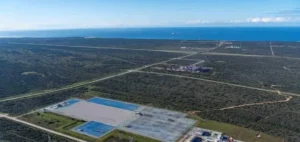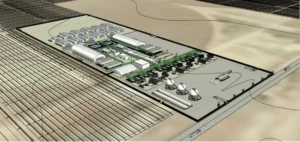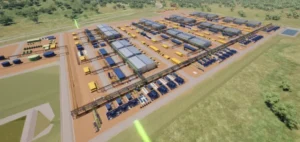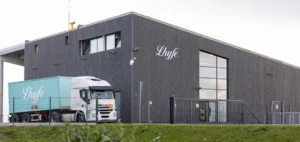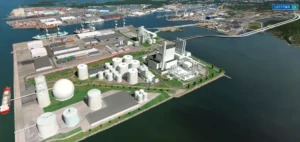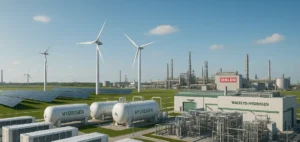Tunisia has announced its intention to launch its first hydrogen production projects starting in 2030, according to Wael Chouchane, Secretary of State for Energy Transition at the Ministry of Industry, Mines, and Energy. These remarks were made during the International Forum on Hydrogen and its Derivatives held in the city of Gabès.
Gabès has been identified as a pivotal point in this strategy due to its proximity to production sites and its commercial port, offering a practical connection to European markets. The project is part of a series of initiatives aimed at positioning Tunisia on the international market.
Since publishing its national hydrogen strategy in 2023, Tunisia has signed several major agreements with industrial players such as TotalEnergies, EREN, and Acwa Power. These partnerships aim to develop the necessary infrastructure for hydrogen production and export.
Export Ambitions
Tunisia aims to export up to 6 million tons of hydrogen annually by 2050, according to estimates presented in the national strategy. This volume is expected to allow the country to establish itself as a significant supplier to the European market.
The country also seeks to diversify its industrial activities and attract additional investments. These projects, in partnership with international groups, could generate significant economic benefits and strengthen national logistical and technical capacities.
A Structuring Project
The hydrogen-related projects will require the implementation of advanced infrastructure. Equipment such as electrolyzers and transport networks will be crucial to meet production targets and the expectations of international investors.
At the same time, the success of these initiatives will depend on several factors, including regulatory stability and local logistical capabilities. The recently signed agreements represent a first step in realizing these ambitions, but coordinated efforts are still necessary to ensure their success.
With these advancements, Tunisia could enhance its competitiveness in an evolving industrial sector while consolidating its place in international trade.

